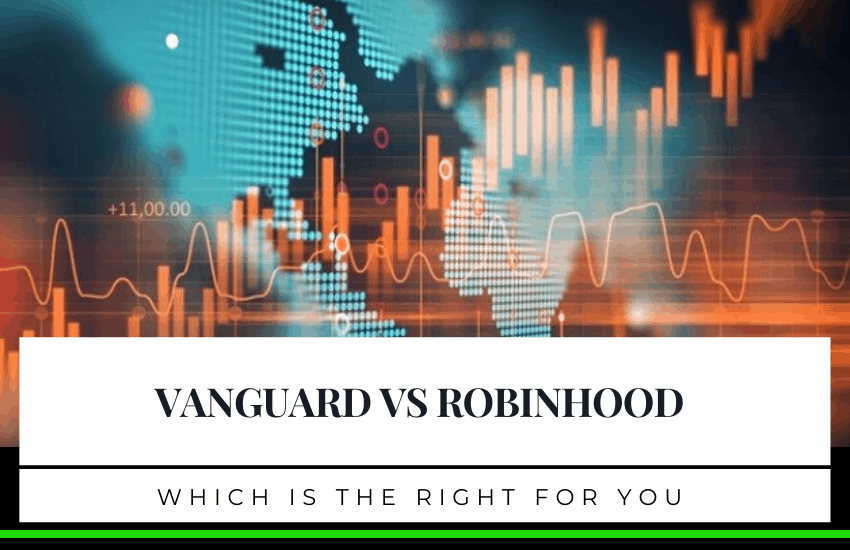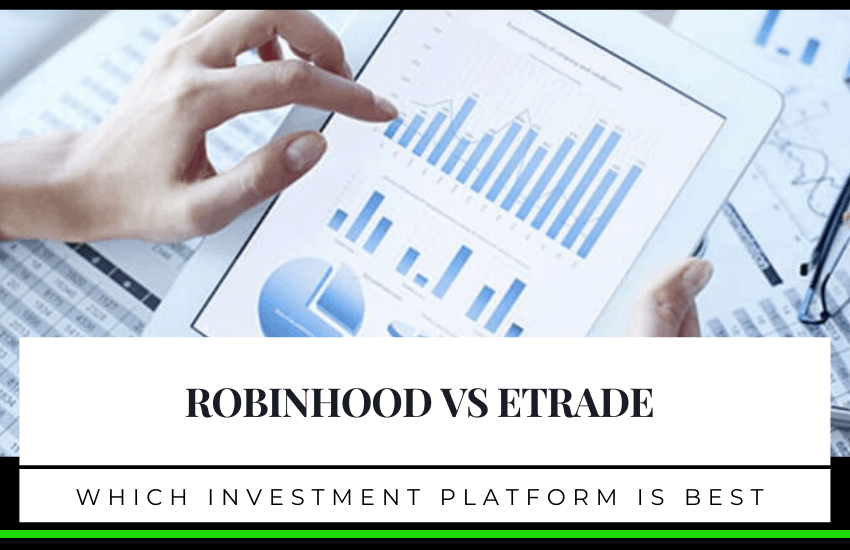Ally vs Capital One 360 – Which Bank is Best for You?
Ally Bank and Capital One 360 have similar annual percentage rates (APY) and features such as savings, checking, CDs, mortgage, and auto loans. While both excel in online and mobile banking, differences in fees and products may have you leaning toward one more than the other. Check out our Ally vs Capital One 360 in-depth review to see which one is right for you.
The Main Differences Between Ally vs Capital One 360
The Main Differences Between Ally vs Capital One 360 are:- Ally Bank offers an investment platform, whereas Capital One 360 does not.
- Ally Bank offers 24/7 human customer service, whereas Capital One 360 only offers human customer support during business hours.
- Ally Bank CDs start at 3 months, whereas Capital One 360 CDs start at 6 months.
- Ally Bank charges a daily overdraft fee ($25), whereas Capital One 360 does not.
- Ally Bank does not offer credit cards and business services, whereas Capital One 360


